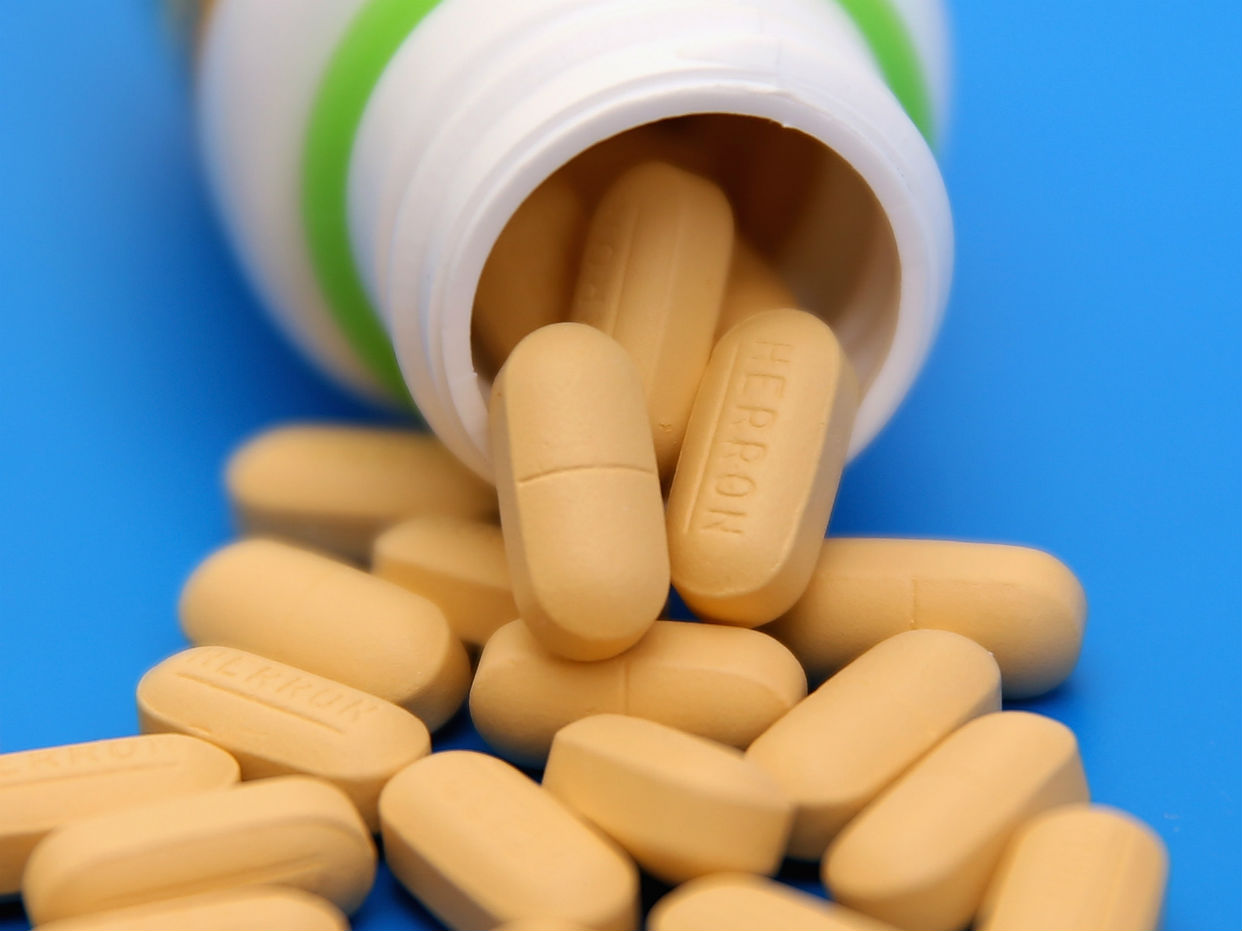Coronavirus: lack of vitamin D increases danger of Covid-19 infection, study says
Low levels of vitamin increase odds of hospitalisation in virus patients

A free daily email with the biggest news stories of the day – and the best features from TheWeek.com
You are now subscribed
Your newsletter sign-up was successful
A significant majority of patients hospitalised by Covid-19 have low levels of vitamin D, a new study has revealed.
After testing 216 coronavirus patients at the Marques de Valdecilla University Hospital in Spain, researchers found that 82% had a vitamin D deficiency, with men more likely to have low levels than women.
Patients with low rates of the vitamin also showed “increased serum levels of inflammatory markers such as ferritin and D-dimer when they had low levels of vitamin D”, Sky News says. “Levels of inflammatory markers rise in the body when it is fighting off an infection,” the broadcaster adds.
The Week
Escape your echo chamber. Get the facts behind the news, plus analysis from multiple perspectives.

Sign up for The Week's Free Newsletters
From our morning news briefing to a weekly Good News Newsletter, get the best of The Week delivered directly to your inbox.
From our morning news briefing to a weekly Good News Newsletter, get the best of The Week delivered directly to your inbox.
Dr Jose Hernandez, one of the lead researchers, said medics should “identify and treat vitamin D deficiency”, especially in high-risk individuals such as the elderly and nursing home residents, who are the “main target population for Covid-19”.
“Vitamin D treatment should be recommended in Covid-19 patients with low levels of vitamin D circulating in the blood since this approach might have beneficial effects in both the musculoskeletal and the immune system,” he added.
Last month, a separate study by Boston University found sufficient levels of vitamin D make people less likely to experience complications and die from coronavirus, while researchers have also found that it could reduce rates of infection.
Symptoms of low vitamin D levels include tiredness, weakness, muscle and bone pain. As well as sunlight and supplements, other sources of vitamin D include oily fish, meat and eggs, as well as fortified breakfast cereals, soya milk and vegetable margarines.
A free daily email with the biggest news stories of the day – and the best features from TheWeek.com
In April, Public Health England recommended taking daily vitamin D supplements through the spring and summer due to combat lockdown restrictions.
Chas Newkey-Burden has been part of The Week Digital team for more than a decade and a journalist for 25 years, starting out on the irreverent football weekly 90 Minutes, before moving to lifestyle magazines Loaded and Attitude. He was a columnist for The Big Issue and landed a world exclusive with David Beckham that became the weekly magazine’s bestselling issue. He now writes regularly for The Guardian, The Telegraph, The Independent, Metro, FourFourTwo and the i new site. He is also the author of a number of non-fiction books.
-
 Why is the Trump administration talking about ‘Western civilization’?
Why is the Trump administration talking about ‘Western civilization’?Talking Points Rubio says Europe, US bonded by religion and ancestry
-
 Quentin Deranque: a student’s death energizes the French far right
Quentin Deranque: a student’s death energizes the French far rightIN THE SPOTLIGHT Reactions to the violent killing of an ultraconservative activist offer a glimpse at the culture wars roiling France ahead of next year’s elections
-
 Secured vs. unsecured loans: how do they differ and which is better?
Secured vs. unsecured loans: how do they differ and which is better?the explainer They are distinguished by the level of risk and the inclusion of collateral
-
 A Nipah virus outbreak in India has brought back Covid-era surveillance
A Nipah virus outbreak in India has brought back Covid-era surveillanceUnder the radar The disease can spread through animals and humans
-
 Covid-19 mRNA vaccines could help fight cancer
Covid-19 mRNA vaccines could help fight cancerUnder the radar They boost the immune system
-
 The new Stratus Covid strain – and why it’s on the rise
The new Stratus Covid strain – and why it’s on the riseThe Explainer ‘No evidence’ new variant is more dangerous or that vaccines won’t work against it, say UK health experts
-
 RFK Jr. vaccine panel advises restricting MMRV shot
RFK Jr. vaccine panel advises restricting MMRV shotSpeed Read The committee voted to restrict access to a childhood vaccine against chickenpox
-
 RFK Jr. scraps Covid shots for pregnant women, kids
RFK Jr. scraps Covid shots for pregnant women, kidsSpeed Read The Health Secretary announced a policy change without informing CDC officials
-
 New FDA chiefs limit Covid-19 shots to elderly, sick
New FDA chiefs limit Covid-19 shots to elderly, sickspeed read The FDA set stricter approval standards for booster shots
-
 RFK Jr.: A new plan for sabotaging vaccines
RFK Jr.: A new plan for sabotaging vaccinesFeature The Health Secretary announced changes to vaccine testing and asks Americans to 'do your own research'
-
 Five years on: How Covid changed everything
Five years on: How Covid changed everythingFeature We seem to have collectively forgotten Covid’s horrors, but they have completely reshaped politics